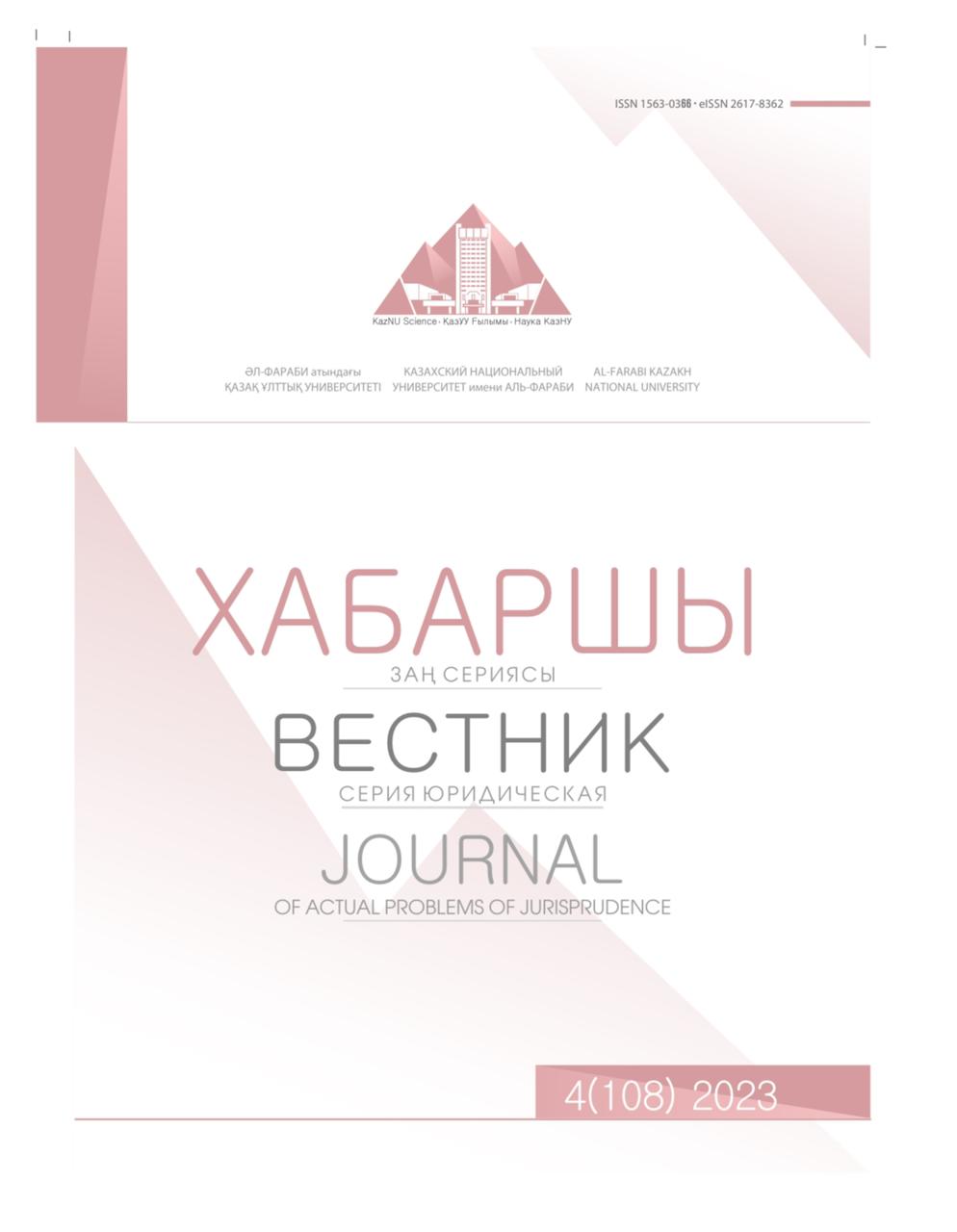THE IMPORTANCE OF DETERMINING THE STRUCTURE OF INTERCULTURAL COMMUNICATION IN LEGAL EDUCATION
DOI:
https://doi.org/10.26577/JAPJ.2023.v108.i4.02Abstract
It is no secret that applicants who come to study at universities, in addition to what nationality, religious denomination, citizenship of the state belong to different subcultures, cultural groups, urban and rural cultures, regional and family cultures. As we all know, today students from all over the world come to higher educational institutions of the country. At the same time, the system of law of the state of their arrival also belongs to a different legal system. Therefore, we think that when providing them with legal education, it is also necessary to take into account the cultural and legal characteristics of the country of arrival of the student.
For our part, in this article we tried to analyze the structure of intercultural communication of students studying in jurisprudence. Among them, the main place is occupied by the problem of language, understanding of legal terms, familiarization with the peculiarities of our legal system.
Even the escalation of ties between cultures is fraught with the problem of building a dialogue on the way to regulate and correct human relations. This is due to the fact that each of the cultures has its own unique code. As a result, there is a conflict of cultural codes that cannot understand the true nature of each other. With the change in cultural appearance, the communicative situation itself is also changing and leads to an increase in barriers to communication between these people. In this situation, in fact, the paradox of globalization arises, which, on the one hand, contributes to the instantaneous distribution and mutual assimilation of cultures, and on the other, to the barrier of the development of intercultural communication.
This study was prepared as part of the implementation of the grant funding research project AP14872126 "intercultural competence of a university teacher and its impact on improving the competitiveness of higher education in Kazakhstan".
Keywords: communication, intercultural communication, legal education, intercultural relations, legal regulation.













